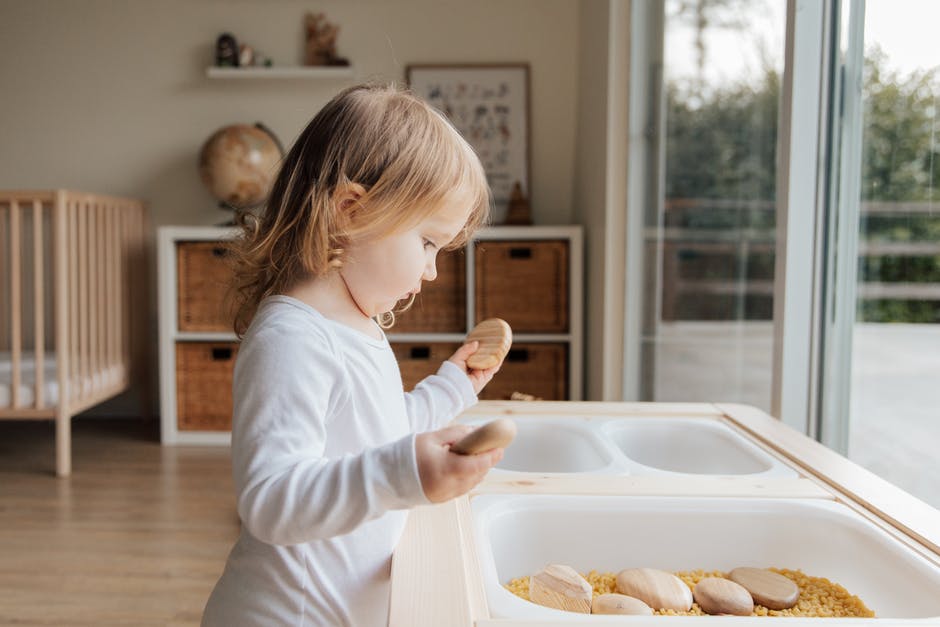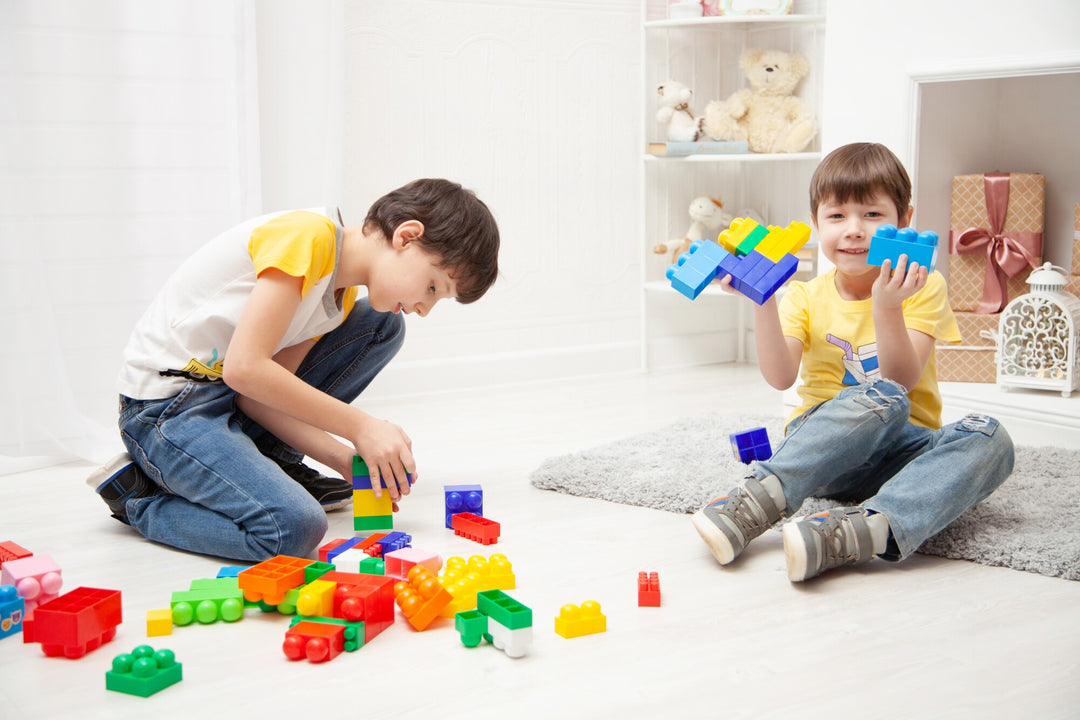Do Sensory Toys Make Good Christmas Gifts for Kids?

As the festive season approaches, parents and educators often seek gifts that are both enjoyable and beneficial for children's development. Sensory toys, designed to engage a child's senses—touch, sight, sound, taste, and smell—offer a unique blend of fun and educational value. These toys are particularly effective in supporting sensory development, making them excellent Christmas gifts for children of all ages.
Understanding Sensory Toys
Sensory toys are crafted to stimulate one or more of the five senses, aiding in the development of sensory processing skills. They are especially beneficial for children with sensory processing disorders, autism spectrum disorder, or attention deficit hyperactivity disorder (ADHD). However, all children can benefit from sensory play, as it promotes cognitive growth, fine and gross motor skills, problem-solving abilities, and social interaction.
Benefits of Sensory Toys

- Enhancement of Motor Skills: Many sensory toys require manipulation, which helps develop fine motor skills and hand-eye coordination. For instance, threading beads or using playdough can strengthen the small muscles in the hands.
- Cognitive Development: Engaging with sensory toys encourages exploration and curiosity, fostering cognitive development. Activities like sorting, matching, and building with sensory materials can enhance problem-solving skills and logical thinking.
- Emotional Regulation: Sensory toys can have a calming effect, helping children manage emotions and reduce anxiety. Items like weighted blankets or stress balls provide proprioceptive input, which can be soothing for children.
- Social Interaction: Many sensory activities are designed for group play, promoting social skills such as sharing, turn-taking, and communication.
Learn about The Importance of Tactile Play in Child Development
Types of Sensory Toys
Sensory toys come in various forms, each targeting different senses and developmental areas:

- Tactile Toys: These include items like textured balls, kinetic sand, and sensory bins filled with materials such as rice or beans. They help children explore different textures and improve tactile discrimination.
- Visual Toys: Toys that stimulate sight include light-up toys, colourful puzzles, and kaleidoscopes. They can enhance visual tracking and attention.
- Auditory Toys: Musical instruments, sound tubes, and toys that produce various sounds can improve auditory processing and listening skills.
- Olfactory and Gustatory Toys: Scented playdough or taste-safe sensory bins can engage the senses of smell and taste, though these are less common.
- Proprioceptive and Vestibular Toys: Items like balance boards, swings, and weighted vests provide input to the body's sense of position and movement, aiding in balance and coordination.
Sensory Toys as Christmas Gifts
When selecting Christmas gifts, sensory toys offer a blend of enjoyment and developmental benefits. They cater to a wide range of interests and needs, making them suitable for various age groups.
For Infants and Toddlers:
- Soft Textured Toys: Plush toys with varied textures can stimulate tactile exploration.
- Musical Instruments: Simple instruments like maracas or tambourines encourage auditory development and rhythm recognition.
- Stacking and Sorting Toys: These promote fine motor skills and cognitive development through problem-solving.
For Preschoolers:
- Playdough and Moulding Clays: These materials enhance creativity and strengthen hand muscles.
- Interactive Books: Books with textures, flaps, and sounds engage multiple senses and promote literacy.
- Balance Bikes: These aid in developing balance and coordination, preparing children for future physical activities.
For School-Aged Children:
- Science Kits: Hands-on experiments can stimulate curiosity and scientific thinking.
- Art Supplies: Materials like paints, brushes, and canvases encourage creative expression and fine motor skills.
- Puzzle Games: Complex puzzles enhance problem-solving abilities and cognitive development.
Incorporating Sensory Toys into Daily Routines
Beyond being gifts, sensory toys can be integrated into daily routines to support ongoing development:

- Morning Activities: Starting the day with sensory play can help children become alert and ready for learning.
- Calming Tools: During transitions or before bedtime, sensory toys like weighted blankets or soft tactile items can help soothe and prepare children for rest.
- Educational Integration: Incorporating sensory materials into learning activities can make education more engaging and effective.
Selecting the Right Sensory Toy
When choosing a sensory toy as a Christmas gift, consider the child's age, interests, and specific sensory needs. It's essential to select toys that are safe, durable, and appropriate for the child's developmental stage. Consulting with educators or occupational therapists can provide additional insights into suitable options.
Sensory toys make excellent Christmas gifts, offering a unique combination of fun and developmental support. They cater to various ages and needs, making them versatile choices for holiday gifting. By selecting sensory toys, parents and educators can provide children with tools that promote growth, learning, and joy during the festive season and beyond.













